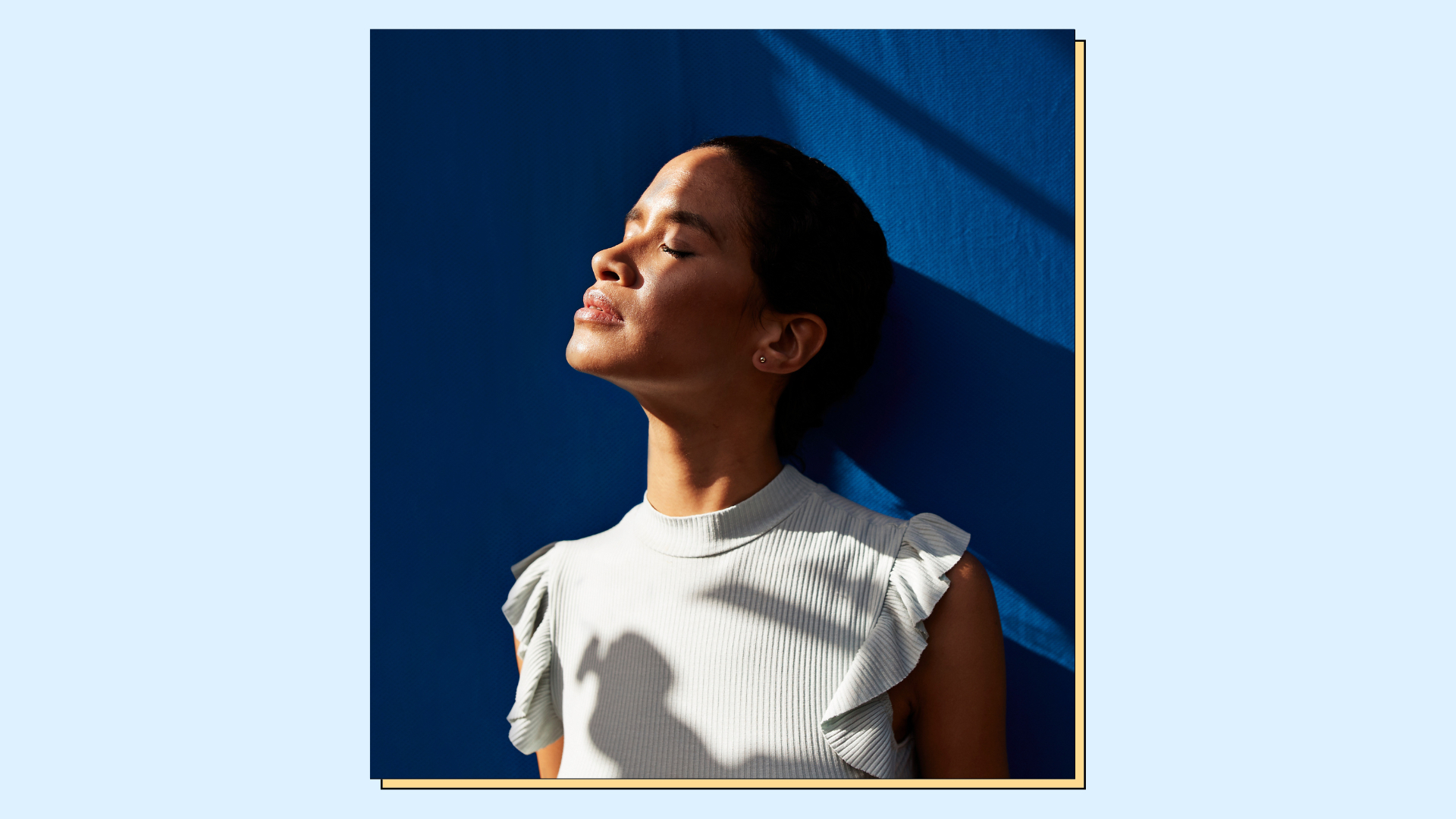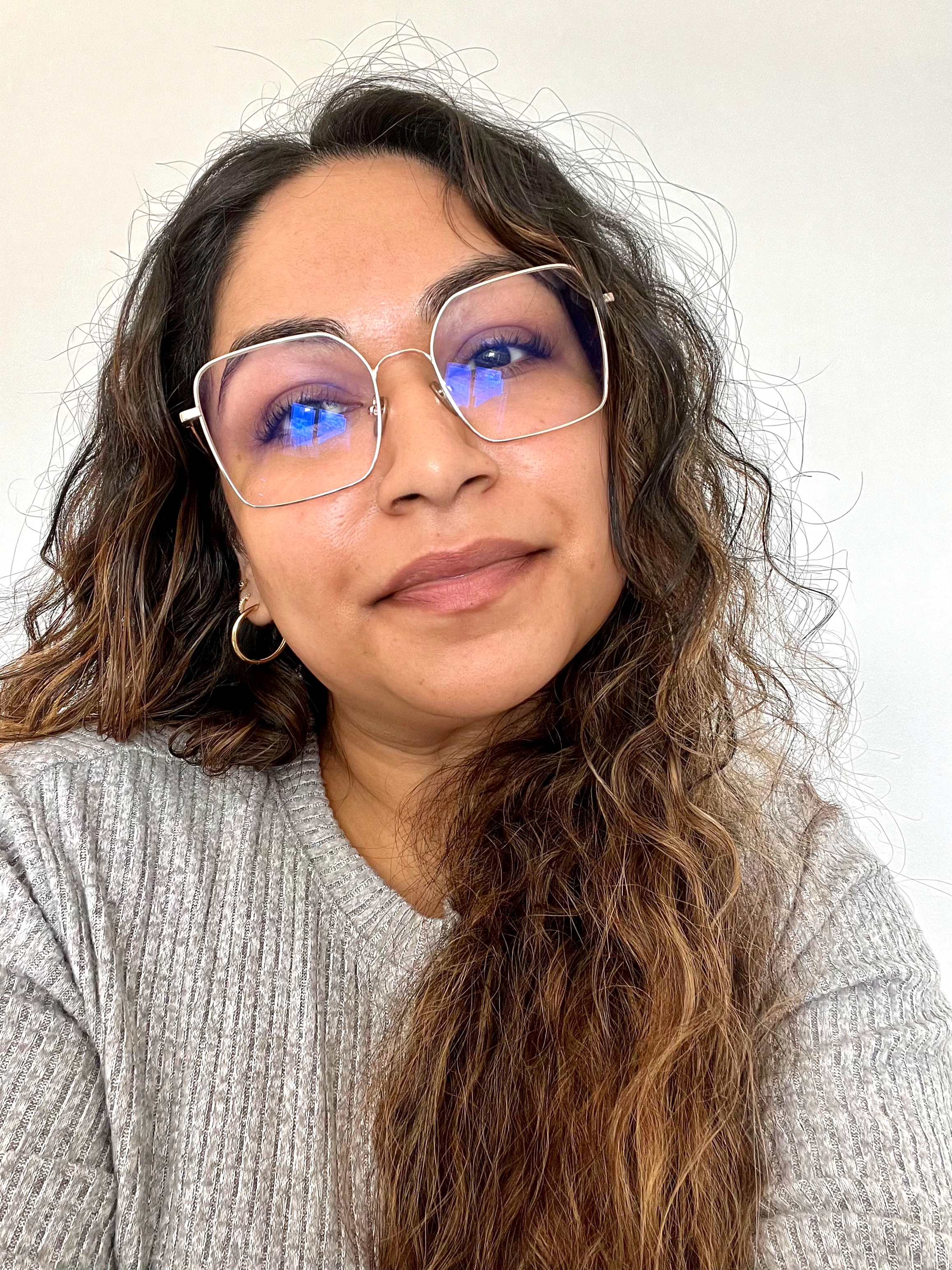Does sunscreen prevent tanning? Skin experts set the record straight
Wondering, does sunscreen prevent tanning? Our experts provide the answers you won’t find on the back of the bottle


Those who like a sunkissed glow have probably wondered, does sunscreen prevent tanning? Regardless of if you want to tan or if you're keen to keep your skin out of the sun, you know you have to apply SPF before you head out.
But will wearing the best sunscreen for face and body prevent you from developing any kind of bronzed glow? Or will you inevitably end up with tan lines, whether you want them or not?
To shed some light on the subject, we spoke with two skincare specialists to clearly explain how SPF impacts developing a tan, regardless of whether you opt for sunscreen vs sunblock.
Meet the experts on sunscreen and tanning
- Dr. Maryann Mikhail is a board-certified dermatologist and the M.D. of Waverly DermSpa. She's explained what happens to the skin when it tans and how the different types of sunscreen work.
- Dr. Anna Persaud, Ph.D is a biochemist and the CEO of This Works. She's explained how sunscreen impacts tanning, and why there's actually no such thing as a healthy tan.
Does sunscreen prevent tanning? The experts explain
First, the bad news: a tan is actually a sign of damage. “Tanning is the skin's injury response,” explains Dr. Mikhail. “When it senses UV damage taking place, it stimulates pigment-producing cells to ramp up production of melanin for protection.”
Though you might love the look of a fresh tan, it’s really your skin’s cry for help. The truth hurts, and so does sunburn. However, sunscreen can soften the impact—though before you use it, ask yourself: does my sunscreen expire? To which the answer is yes, meaning you should check the date on you bottle. When it's good to go, it's essential protection.
"Chemical sunscreens absorb UV rays while mineral sunscreens reflect them away," Dr. Mikhail says. Both work to "protect skin from harmful UV rays that can cause premature aging, hyperpigmentation, sunspots, and wrinkles."
In other words, SPF is on your side if you want to preserve a more youthful and clear complexion. Because it blocks or absorbs harmful UV rays, Dr. Persaud says that “correct application of sunscreen should, therefore, limit your tanning—but it won’t stop it completely.”
Even if you’re wearing a high-quality, high-SPF product, it’s still only a temporary protective layer. It’s not impenetrable armor, and it will wear off—especially if you're not clear on whether to apply suncreen or moisturizer first, which depends on the type you use. That said, sunscreen is still an essential first line of defense against damaging sun exposure.
Is there a healthy way to get a natural tan?
No matter what your tiniest two-piece might tell you, the answer to this is sadly, no.
"The reality is that there is no 100% safe or healthy way to get a tan—a statement that makes me incredibly unpopular with friends,” says Dr. Persaud. “But it’s true and I think it’s really important that those of us with a voice in the beauty industry are clear on this."
While natural sunlight keeps vitamin D levels up and acts as “a key part of our circadian rhythm” during the daytime, Dr. Persaud notes that this type of “healthy sun exposure” shouldn’t be confused with laying out under the blazing sun for hours on end.
If you want to get a deeper glow while keeping your skin healthy, it’ll have to be from a bottle. "The only ‘safe’ tan is a fake tan," Dr. Persaud confirms.
How to avoid getting a tan—the steps to know
If you’re at the other end of the spectrum and you want to avoid tanning like the plague, skincare experts recommend the following steps.
- Limit your sun exposure when the sun is at its highest and hottest. Depending on where you are, that is usually from 11 a.m. or noon until 2 p.m. or 3 p.m.
- Apply sunscreen with a minimum of SPF 30. Increase this to at least SPF 50 if you’ll be getting a lot of sun exposure, and remember to reapply once every two hours or if you get wet.
- Wear the right clothing for an added layer of protection. Dr. Persaud suggests wearing "a wide-brimmed hat, UV blocking sunglasses, and also a long-sleeved, light cover-up."

Aleesha was Deputy Editor and Beauty & Fashion Editor for My Imperfect Life, where she headed up the beauty, fashion and eCommerce pages. Previously she was Shopping Writer at woman&home and gained an AOP awards nomination after working on their news team. She earned an MA in Magazine Journalism from City, University of London in 2017 and has since worked with a number of brands including, Women's Health, Stylist and Goodto. When she’s not testing all the new beauty & lifestyle products on the market, Aleesha spends her time soaking up the newest bestsellers and Netflix releases, watching everything Marvel, learning about different wines, attempting new languages and traveling as much as she can.